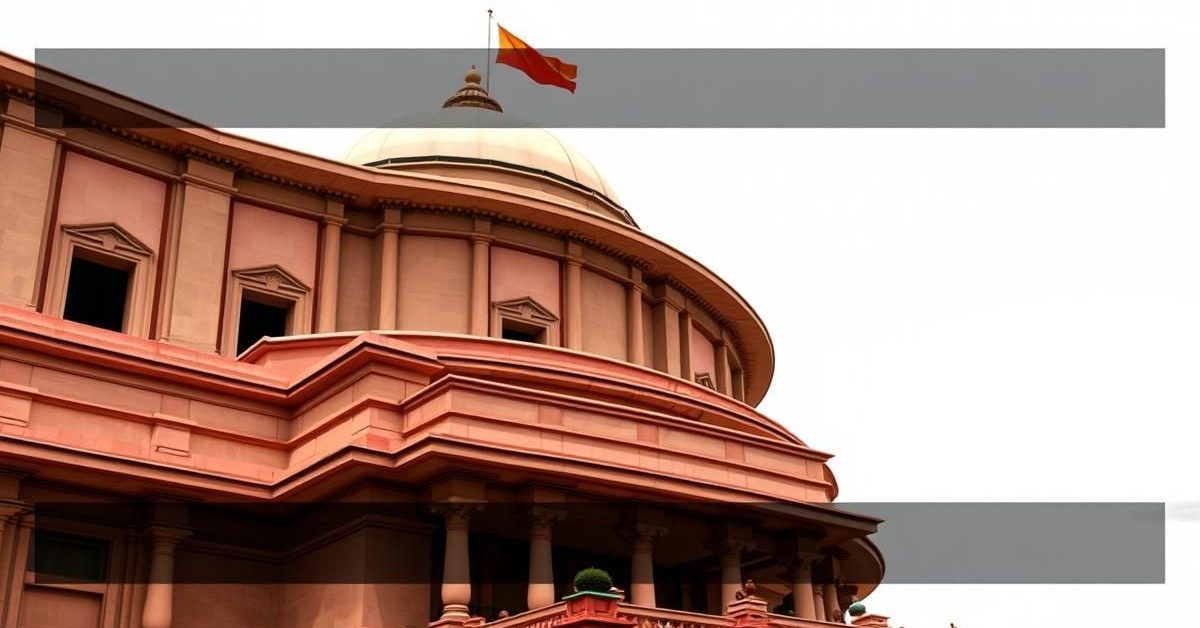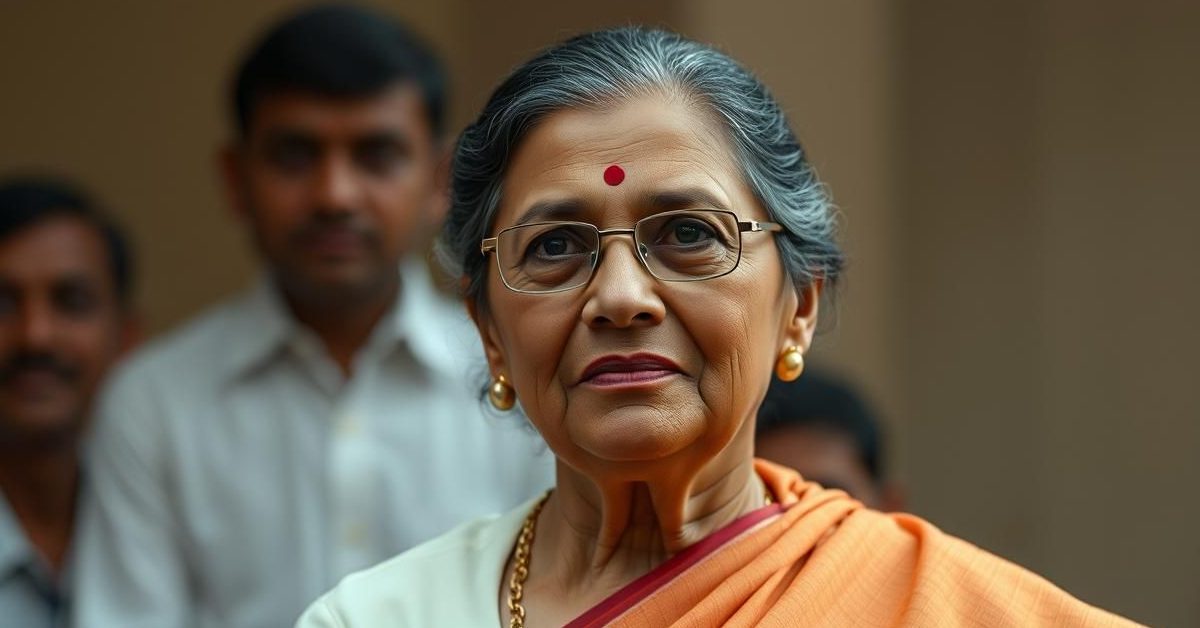Unmasking the Parliament’s Financial Watchdog: The Estimates Committee
Ever paused to consider the colossal sums of public money allocated by the Indian government each year? How are these budgets scrutinized, and who ensures that every rupee is spent wisely, efficiently, and in the best interest of the nation? The answer lies within the hallowed halls of India’s Parliament, specifically with a powerful, yet often unsung, guardian of the public exchequer: The Estimates Committee.
A Unique Parliamentary Powerhouse
Constituted for the first time in 1950, based on the recommendations of the then-Finance Minister John Mathai, the Estimates Committee stands as a testament to parliamentary oversight. What makes it particularly distinctive? It is the largest of the three financial standing committees of the Indian Parliament, boasting 30 members. Crucially, all these members are drawn exclusively from the Lok Sabha, the House of the People, directly representing the taxpayers.
Unlike some other committees, the Rajya Sabha, or the Council of States, does not have representation on this body. Members are elected annually from amongst the Lok Sabha members, ensuring a fresh perspective and rotation. The tenure of its members is one year, a practice that underpins its dynamic nature.
Delving Deep into Public Expenditure
The primary mandate of the Estimates Committee is to examine the “estimates” included in the annual budget proposals presented to the Parliament. These aren’t just abstract figures; they represent the detailed breakdown of projected expenditures by various government ministries and departments.
The committee doesn’t just rubber-stamp these figures. Instead, it undertakes a meticulous and comprehensive review, scrutinizing the efficiency of the spending plans. Its objective is clear: to suggest economies, promote efficiency in administration, and propose alternative policies that could lead to better results at lower costs.
More Than Just Budget Scrutiny: Its Broader Scope
Beyond simply reviewing figures, the Estimates Committee plays a multifaceted role in enhancing governmental accountability. It recommends how estimates should be presented to Parliament, ensuring clarity and transparency. Furthermore, it examines whether the money sanctioned by Parliament is being applied efficiently within the bounds of the policy implied in the estimates.
This critical body also probes into reports presented by the Comptroller and Auditor General (CAG) of India, particularly those concerning the utilization of funds. Its recommendations often lead to tangible improvements in governmental functioning, fostering a culture of prudence and efficacy across ministries, from the Ministry of Defence to the Ministry of Rural Development.
A Pillar of Financial Accountability and Good Governance
The significance of the Estimates Committee cannot be overstated. It acts as a vital check and balance on the executive’s financial powers. By offering informed suggestions on resource allocation and administrative reforms, it directly contributes to greater accountability in public spending. Its work helps ensure that scarce public resources are utilized optimally, preventing wastage and promoting value for money.
In essence, the Estimates Committee embodies the democratic principle that the Parliament, as the representative of the people, must have effective control over the nation’s purse strings. It is a testament to the institutionalization of robust financial oversight, a cornerstone of India’s parliamentary democracy, empowering the legislative branch to ensure diligent governance and safeguard the financial health of the Union.















